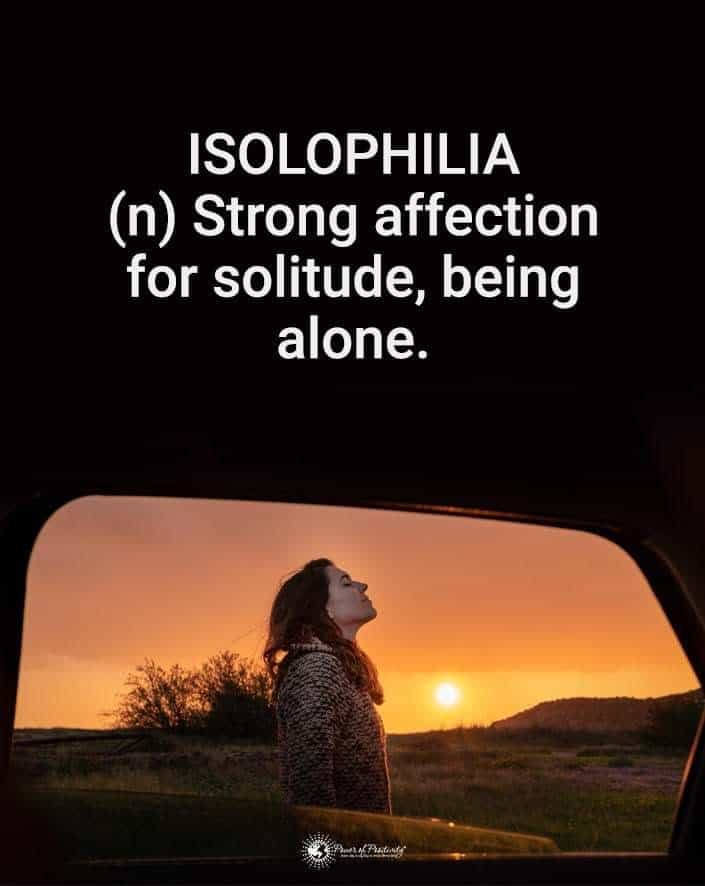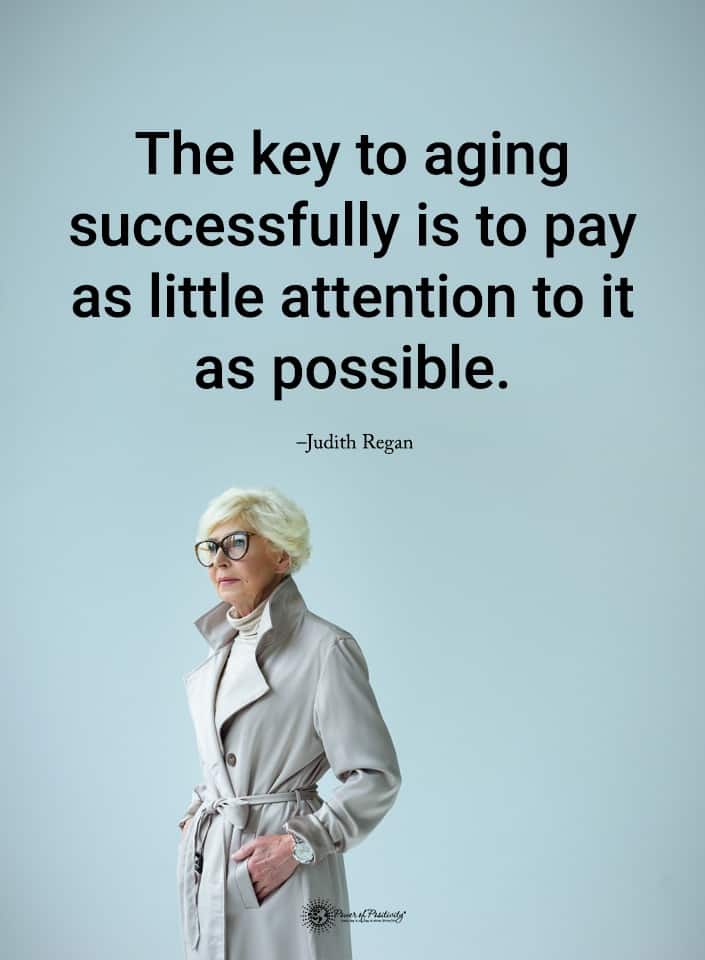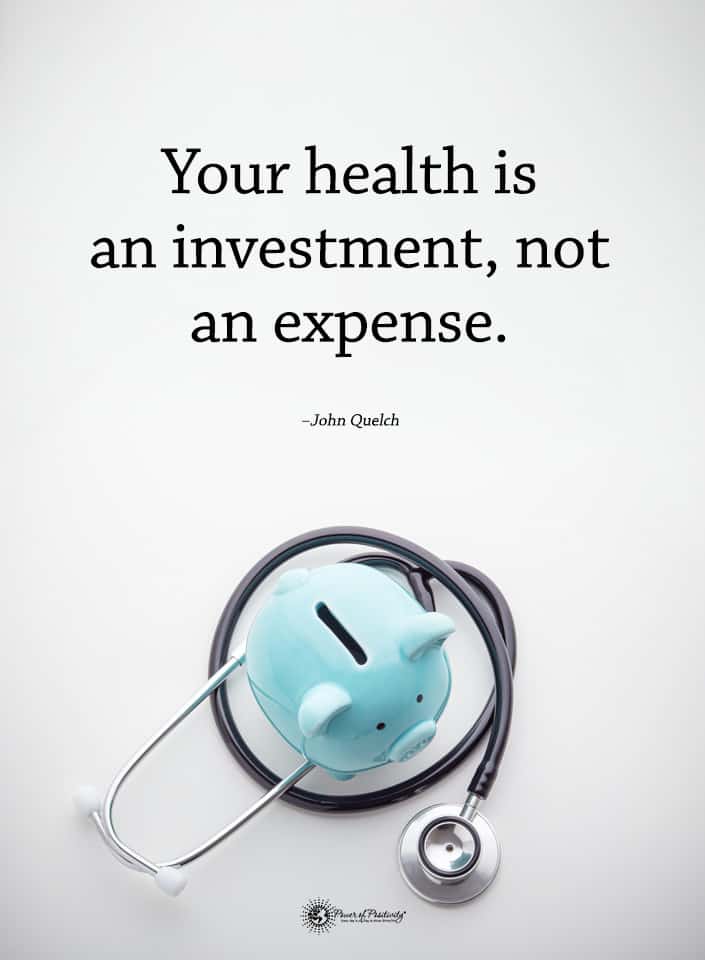Do you count yourself among the introverts of the world?
According to a 1998 National Representative Sample by the Myers-Briggs organization, 50% of the population identifies as introverts. That means you have likely met an introvert at some point in your life, and though they make up a considerable portion of the population, we live in a highly extroverted world. In business, politics, or social gatherings, extroverts tend to take center stage, while introverts prefer to work behind the scenes.
Introverts are highly misunderstood; they might come across as rude, stand-offish, aloof, or just unfriendly in our society. However, introverts draw their energy from within rather than from other people. They require a lot of time alone to recharge, and most people take that as a sign that they don’t want to be bothered and aren’t interested in connecting with others. Introverts love people, but they can get quickly drained from excitement and feel more comfortable in their own company.
Introverts may not be the life of the party, but there are certain things they do better than their extroverted counterparts. We don’t wish to stereotype or rank a whole group of people higher than another but showcase introverts’ strengths and what we can learn from them.
Here are 15 things introverts do best:
1. Listening intently during a conversation.
Introverts care about what other people say (at least, when they talk about brilliant, exciting topics), so they tune into the conversation with every ounce of their being. They don’t just hear what you say – they ask questions to gain understanding, look you in the eye, and make sure you’ve finished what you have to say before responding. They talk less than they listen, but this is why they make such great people have deep conversations with.
2. Being highly in touch with their feelings.
Introverts are very intuitive people and have a knack for being highly aware of their emotions. They might cancel plans if they feel too tired or not up for socializing. But to them, that means they are listening to their inner voice. They don’t apologize for their feelings; they go along with it.
3. Easily picking up on the emotions of others.
In addition to knowing exactly how they feel at all times, introverts can read anyone like an open book. They have an uncanny ability to feel what others think and to empathize with them.
4. Taking time for themselves.
Introverts take a day or two out of each week to recharge, pamper themselves, and truly make themselves feel like the king or queen they are. They don’t apologize for prioritizing self-care and self-love because they know this is essential for thriving in today’s hectic world.
5. Learning to cultivate a healthy relationship with themselves.
Introverts gain their energy from being alone, which gives them plenty of time to know themselves inside and out. They might struggle at times with self-esteem, but at the end of the day, they know that their relationship with themselves is of utmost importance and try to have a healthy one.
6. Making friends with any animal.
Introverts naturally gravitate towards non-human animals, most likely for two reasons: 1) They don’t talk, which eliminates the most challenging component of a relationship with humans. 2) They are cuddly and fuzzy (well, most of them that humans would interact with, anyway), so introverts see this as comforting and healing.
7. Engaging in deep conversation.
If you want small talk, you’d better forget about connecting with an introvert. While introverts can fake the small talk, this isn’t their area of expertise. These people thrive on connecting with people much more profoundly, which means you will never get bored around an introvert.
8. Thinking before they speak.
Introverts mull over what they want to say before speaking and listen to the other person in its entirety before they even begin to formulate a response. This is why some people think introverts are not as good at talking as extroverts since it takes them much longer to gather their thoughts. However, this means they make sure they say the right thing before letting the words leave their lips.
9. Realizing the power of spending time in nature.
Introverts love nature – it provides time for quiet reflection, away from the noise and chaos of modern living. They don’t have to think about talking to people, going to a crowded party, or asking them to step outside their comfort zone. They can be for a while, and they realize its importance.
10. Not being afraid to get creative.
Introverts are naturally creative people. They connect with the arts, reading, innovation, and anything else that requires imagination. While some lean more toward the scientific side of life, they also play an essential role in society.
11. Going within for answers.
Introverts don’t look outside themselves for answers to life’s questions because they know the only place they can indeed find what they need is inside their own heart.
12. Knowing when they do and don’t want to socialize.
Since introverts are highly connected to themselves and their emotions, they have gotten used to the cues their mind and body give them when it’s time to leave a party early or when they don’t feel like going out.
13. Leaving a party early if they feel like it.
As we said, introverts are experts at politely excusing themselves from social events. After a few hours of socializing, it’s about time for some Netflix and ice cream.
14. Using the weekend to recharge.
Unlike extroverts, who probably pack their weekends full of social activities, introverts use this time to recharge themselves for the week ahead. This way, they can feel rejuvenated for the work or school week.
15. Knowing how to pace themselves.
If introverts go out for something one day, they will probably give themselves a couple of days to recharge before going out again. This doesn’t mean they’re antisocial – it just means they require more time alone than they do with others.
How to Tell If You’re an Introvert, Extrovert, or Ambivert
Do you know which personality type you have? Introverts get their energy from being alone, extroverts derive happiness from being with others, and ambiverts are a mix of the two. Below, we’ll go over a few traits of each personality type, and you can decide which one describes you best.
Traits of an Introvert
- Enjoys having a few close friends. Studies confirm that introverts are happiest around a small group of friends. They prefer deep bonds with people over superficial relationships and will take time getting to know someone before diving into a friendship. They’re cautious with who they call a friend, but they want someone they can trust and connect with on a deep level.
- Prefers being home over going out. Introverts are homebodies most of the time, according to research. They like low-key environments without a lot of excitement and stimulation. At home, they can read a book, draw, write, or whatever other activity tickles their fancy. When they’re out in public, however, their friends may choose a loud, noisy environment that quickly annoys them. Introverts will hang out with friends occasionally, but they still prefer the solitude and peace of home.
- Thinks before they act. Introverts deliberate about a decision for a while before acting on it. Instead of jumping headfirst into something, they want to pour over the details and double-check what they’re doing. They’re known for being observant and mindful of their choices, preferring to wait before making their move.
- Loves spending time alone. If you haven’t guessed yet, introverts jump for joy at the next chance to spend time by themselves. When they have a few days off work, you can catch them relaxing at home instead of hitting the bars and clubs. They thrive off low-key activities where they can recharge their batteries and take a break from the chaos.
- Avoids large crowds and noisy environments when possible. Introverts steer clear of domains that don’t resonate with their spirit. They enjoy quiet places like bookstores, coffee shops, or nature rather than malls and clubs. They don’t have a problem hanging out with friends at a bar occasionally – they need a few days to recharge afterward.
- Prefers to listen rather than talk. If introverts are known for anything, it’s their ability to listen and understand someone on a deep level. They like when others talk about themselves since it takes the pressure off and allows them to listen. Introverts usually are more empathetic than extroverts and enjoy getting to know others on an intimate level.
- Processes feelings internally rather than talking about them. Introverts also aren’t keen on revealing their deepest, darkest secrets and innermost feelings. They tend to have powerful emotions, so they don’t want to feel vulnerable, even with close friends. So, don’t get offended if your introvert best friend needs time to herself; she’s probably just working through something and needs some space.
Traits of an Extrovert
- Extroverts don’t like being alone. Unlike introverts, extroverts can’t stand being by themselves. Since they get energy from other people, they need frequent social engagement to feel happy. As people with high energy, they feel their best when they can converse, laugh, and share ideas with others.
- They’re more likely to talk about their problems aloud. Whereas introverts internally process emotions, extroverts often have no problem sharing theirs. They usually have no filter and are known for being straightforward, honest people. Since they like to talk more than listen, it’s easy to spot an extrovert in a crowd.
- Extroverts are known for being friendly and outgoing. You can also tell an extrovert apart from an introvert since they’re more approachable. Their charismatic, friendly demeanor gives them a certain magnetism that people feel drawn to. It’s probably their cheerfulness that makes them attractive to others more than anything else.
- They’re sometimes impulsive and “leap before they look.” Extroverts usually make decisions on the fly and are known for their spontaneity. They go by their emotions, so they will follow that gut instinct without hesitation if it feels right.
- Extroverts love group activities. This personality type enjoys group outings instead of going places alone. Frankly, they need someone to chat with while doing errands as they tend to get bored by themselves. We don’t blame them!
Traits of an Ambivert
- Enjoys others but also needs solitude. Ambiverts can act outgoing in a crowd but tend to lose energy after a while. They may need several days to recharge following a night out, just like an introvert.
- Can act outgoing in the right setting. Since ambiverts are chameleons, they can switch their personality depending on the environment. If they’re around introverts, they will act more withdrawn and low-key. Around extroverts, they’ll appear more outgoing and friendly.
- Can work in teams or independently. An ambivert can work just as well alone or with others in a work or school setting. They’re comfortable taking on assignments alone, but they don’t mind sharing the burden with a team.
- Processes feelings both internally and aloud. Ambiverts don’t hide their feelings from others, especially close friends or family. However, they take time to process how they feel internally before sharing it with anyone else.

Final Thoughts on the Strengths of Introverts
Every personality type brings something to the table, whether you’re an introvert, extrovert, or somewhere in the middle. Most people fall somewhere on this spectrum, and very few people are true introverts or extroverts. However, if you lean more toward introversion, you have certain strengths specific to your personality.
For instance, introverts tend to listen better than extroverts, getting to know people on a deep level. They’re also highly empathetic and have remarkable intuition, which helps guide them through life. Introverts take their time making decisions, preferring to move slowly and steadily so no detail gets overlooked. This makes them valuable in the workplace since they can make sound decisions for their team or company. Introverts have a quiet, humble power about them that is hard to deny once you get to know them.












